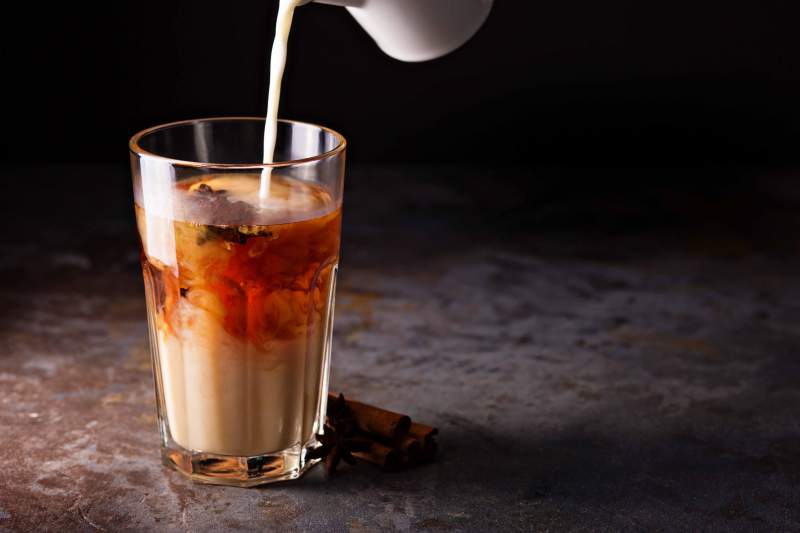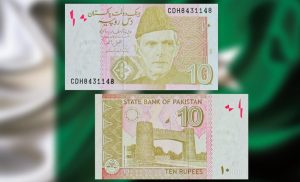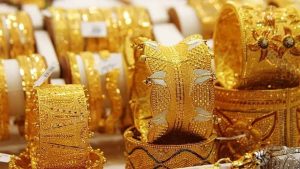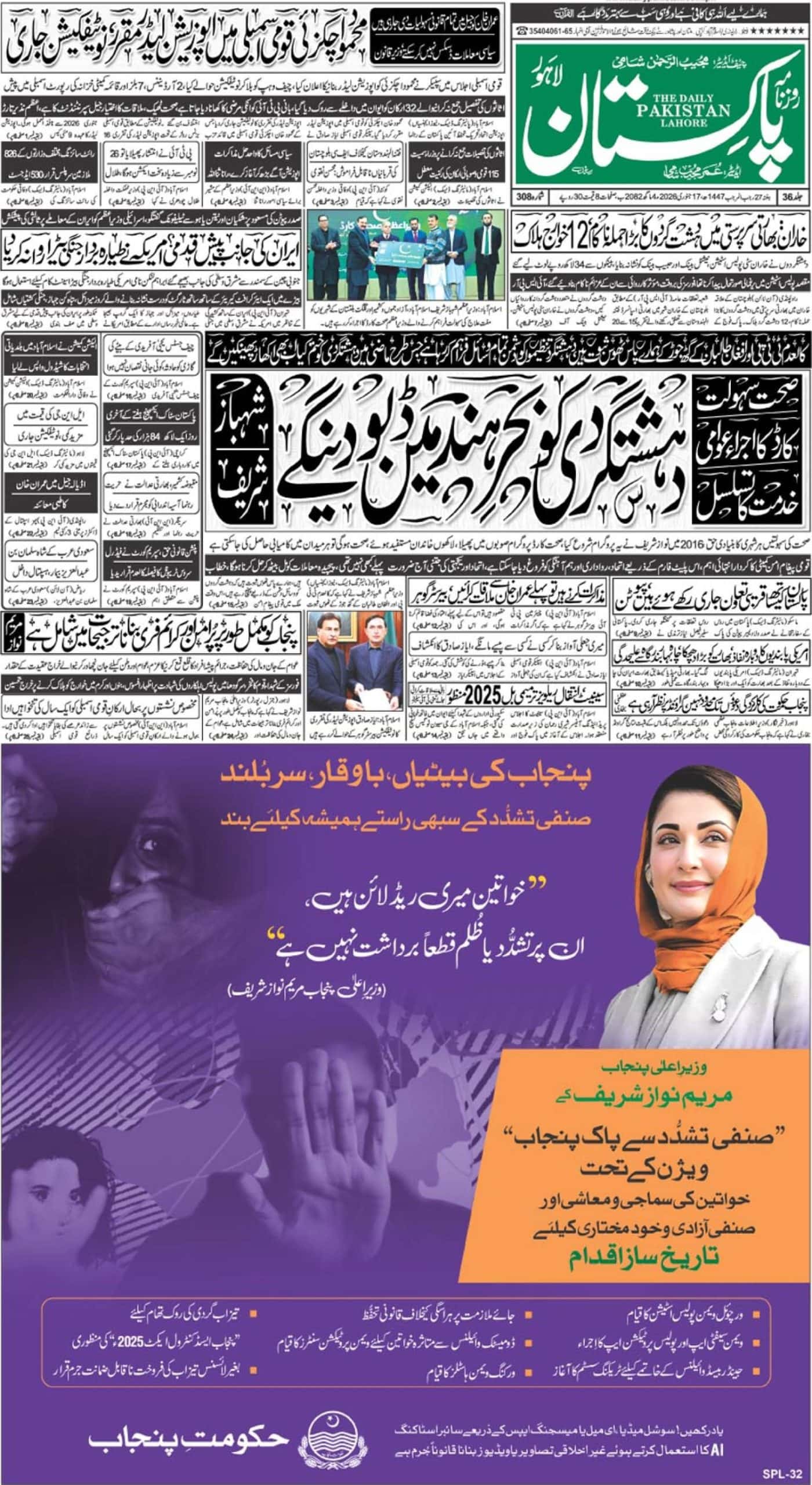Is Tarang milk? The answer is very plain. No, it’s not. It’s a tea-whitener. To understand what tea-whiteners are, their history, composition, usage and safety/suitability let’s have a look at some of the facts.
History of tea-whiteners
A quick online search will tell you that a company named Rich Products experimented during early 1940s to create a product using a form of soybean proteins that will not curdle up when mixed with coffee. The company was able to develop a coffee creamer and soon other commercial creamers (or whiteners) were also launched in the market. But these products still had a problem. They did not dissolve easily in hot drinks because of the protein in the milk. In 1958, another company developed a product that easily dissolved in hot liquid because it replaced most of the milk fat with vegetable oil, and reduced the milk protein. And with that began the rising popularity of tea-whiteners.
https://www.facebook.com/journalismwsk/videos/1879791352052479/
Composition
There are many different types of tea-whiteners with many different compositions. Tarang’s recipe was developed by Royal Friesland Campina (formerly Engro Foods Limited) one of the world’s largest dairy producers and processors. This recipe was specifically an innovation focusing on local customers’ taste palette. Tarang is mostly prepared from milk solids-not-fat or skimmed milk (which is simply milk without the fats), in combination with plant-based vegetable fat (usual household oils/fats) and sugar. With no added preservatives, all of Tarang’s ingredients are completely safe for human consumption and are approved and certified by Pakistan’s highest national standards & quality control body; the PSQCA.
Tea-whitener vs Milk
Although tea-whiteners are absolutely safe to consume for tea-drinkers of all ages, it should be kept in mind that Tarang, like all tea whiteners, is specifically prepared to give great taste, flavour and consistency to beverages, cost-effectively. The brand has never claimed that it’s for direct drinking neither does it promote itself as a replacement for drinking milk. Tea whiteners are used globally for tea/coffee whitening purposes, and specifically in Pakistan are preferable & safe option compared to loose milk (most of which is adulterated, contaminated, and/or unsafe) for making tea or coffee.
Since Tarang goes through heat treatment and aseptic packaging, it can be stored and consumed up to the declared shelf life of the product. It is actually safer to consume for a longer period of time in comparison to loose milk which is a perishable commodity and does not sustain longer storages due to no heat treatment to kill bacteria.
A lot of myths and misconceptions exist in the market regarding tea whiteners in general. And there is a dire need to explain to the consumers that even though tea whiteners like Tarang are not milk substitutes, they are far from being harmful and can be a viable alternative to milk giving them a perfect blend of tea.














